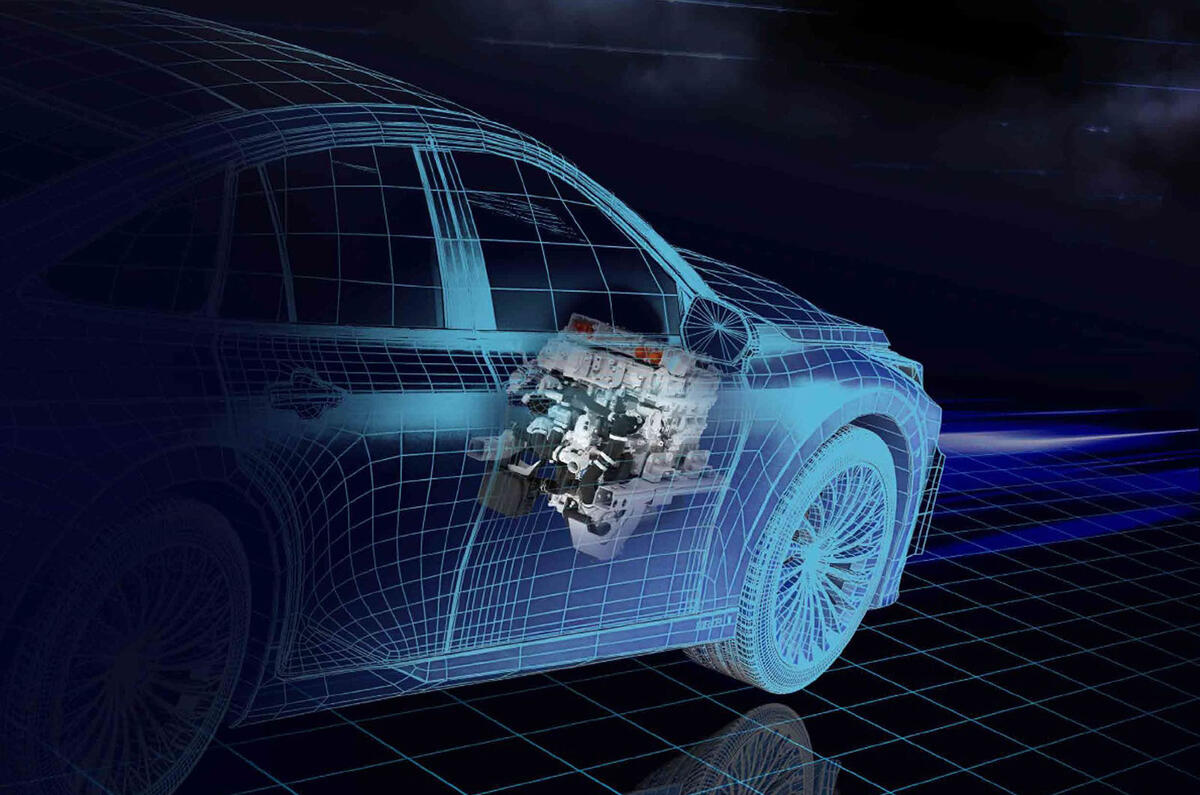Toyota is working on a third-generation hydrogen fuel cell system that's claimed to bring double the power and 20% longer ranger without any increase in size.
For reference, the stack used in the current Toyota Mirai FCEV puts out 128kW.
Toyota said the new system will be ready for launch in 2027 at the earliest.
It's primarily aimed at Japan’s heavy-duty commercial vehicle class, comprising machines such as diggers, but will also feature in passenger vehicles, suggesting that Toyota is readying a thirzd-generation Mirai for around the same time.
The company has sold around 28,000 examples of the hydrogen-fuelled saloon since the original model's introduction 11 years ago.
Toyota added that the new fuel cell system will be twice as durable as the current one, aiming for it to be on a par with its diesel combustion engines.
The fuel cell is also said to cost significantly less to produce, although Toyota has yet to detail exactly how that compares with that used in the existing Mirai.
Toyota has been the car industry’s most vocal proponent of hydrogen power in recent years, emphasising its lower weight compared with battery electrification – crucial for commercial vehicles – and the potential to offer longer range for operation in remote areas.
However, it told Autocar in 2023 that the Mirai had “not been successful”, citing the limitations imposed by the rarity of hydrogen filling stations. It said it was adjusting its hydrogen focus to commercial vehicles but ultimately remained committed to the fuel.
Thiebault Paquet, Toyota’s hydrogen boss in Europe, told Autocar last year that he believes the company “can rebuild the story” of the fuel by focusing on heavy-duty models. “Hydrogen will come; this is something we’re convinced about,” he said.
Toyota isn't alone in backing the alternative fuel, though. Hyundai, for instance, is working on a second iteration of its Nexo FCEV.
Speaking at Hyundai's investor day last year, president and CEO Jaehoon Chang described it as a “chicken-and-egg issue”, comparing the industry’s mood to that around early battery electric cars.
“The market requires investment,” Chang said. “Thirty years ago, when BEVs were launched, the same issues were mentioned: cost, where to charge and [whether it makes sense].”







Join the debate
Add your comment
BEVs are going up the food chain, so even if Toyota gets anywhere near the eficiency or costs (wehich is most unlikely), it will be too late, even for trucks. Hydrogen is never going to match electricity costs for a given distance travelled. Even the dirty stuff. Oh and 'diggers'? Fuel Cells hate dust and grime...
Toyota, this is the very definition of insanity, doing the same thing and expecting different results. BUT maybe, just maybe, the heavy duty commercial clause might be their 'get out' without losing to much loss of face.
Hydrogen cars go pop, over to you Jason Fool Cell.